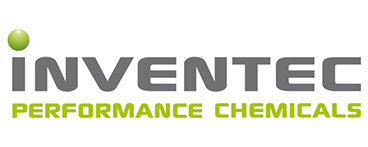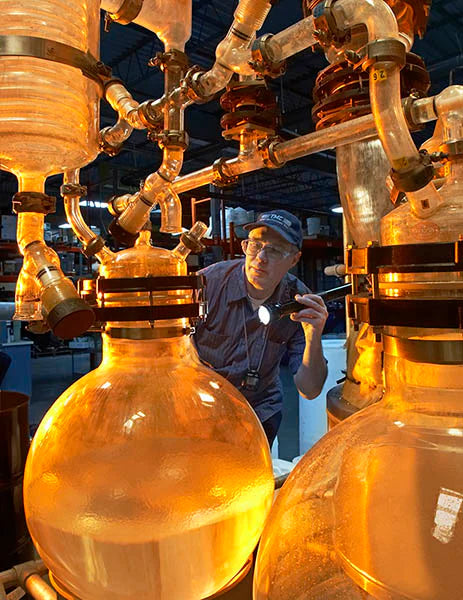Introduction
In an era where environmental consciousness is becoming increasingly crucial, industries are actively seeking sustainable practices to minimize their ecological impact. Among the numerous ways to promote environmental responsibility, reclaiming used heat transfer fluid (HTF) and industrial solvents emerges as a key solution. By adopting this eco-friendly approach, businesses can not only reduce waste and conserve resources but also contribute to a greener future. In this blog post, we will explore the compelling reasons why reclaimed used heat transfer fluid is the environmentally conscious choice for businesses.
Waste Reduction and Resource Conservation
Reclaiming used heat transfer fluid is an excellent way to reduce waste generation and promote resource conservation. Instead of disposing of the used fluid and contributing to landfill burden, reclaiming allows businesses to extend the lifespan of the fluid through purification and regeneration processes. This results in less frequent replacement and purchase of new heat transfer fluid (HTF) and industrial solvents, thereby reducing the demand for virgin resources.
Lower Environmental Footprint
Producing new heat transfer fluid (HTF) and industrial solvents demands energy and resources, leading to a significant environmental footprint. By opting for reclaimed fluid, businesses effectively decrease the need for new production, ultimately cutting down greenhouse gas emissions, energy consumption, and overall environmental impact. Choosing reclaimed HTF aligns with the principles of circular economy, where resources are kept in use for as long as possible, minimizing waste and environmental degradation.
Cost-Effectiveness
Reclaiming used heat transfer fluid not only benefits the environment but also presents financial advantages. The cost of disposing of and replacing used HTF can be significant. However, reclaiming the fluid and maintaining it through purification processes are more cost-effective in the long run. This cost savings can be redirected to other aspects of the business or invested in further sustainability initiatives.
Enhanced Equipment Performance
Used heat transfer fluid can accumulate impurities and degraded properties over time, affecting the efficiency and performance of heat transfer systems. Reclaimed HTF undergoes thorough purification, restoring its optimal thermal properties and heat transfer capabilities. As a result, businesses can experience enhanced equipment performance, reduced downtime, and improved productivity, leading to further resource conservation.
Compliance with Environmental Regulations
Many regions and industries are subject to stringent environmental regulations governing waste management and fluid disposal. By reclaiming used heat transfer fluid, businesses can comply with these regulations and demonstrate their commitment to responsible environmental practices. This can also enhance their reputation among environmentally conscious stakeholders, clients, and investors.
Contribution to Sustainability Goals
Embracing the practice of reclaiming used heat transfer fluid showcases a proactive approach to sustainability. Businesses that incorporate this environmentally conscious solution can align themselves with broader sustainability goals and initiatives. In doing so, they can play an active role in mitigating climate change, preserving natural resources, and fostering a more sustainable future for generations to come.
Conclusion
In conclusion, reclaiming used heat transfer fluid is more than just a technical process; it is a significant step towards environmental consciousness. By opting for this eco-friendly practice, businesses can reduce waste, conserve resources, lower their environmental footprint, and contribute to global sustainability efforts. Embracing reclaimed HTF aligns with the principles of circular economy, ensuring that resources are utilized efficiently and responsibly.
As industries continue to evolve towards more sustainable practices, reclaiming used heat transfer fluid stands as a clear embodiment of environmental responsibility. By choosing to invest in reclaimed HTF, businesses not only save costs and enhance equipment performance but also join the growing community of environmentally conscious entities striving to make a positive impact on the planet.
Contact TMC Industries today to discuss reclaiming your industrial fluids, saving resources and helping your bottom line.








